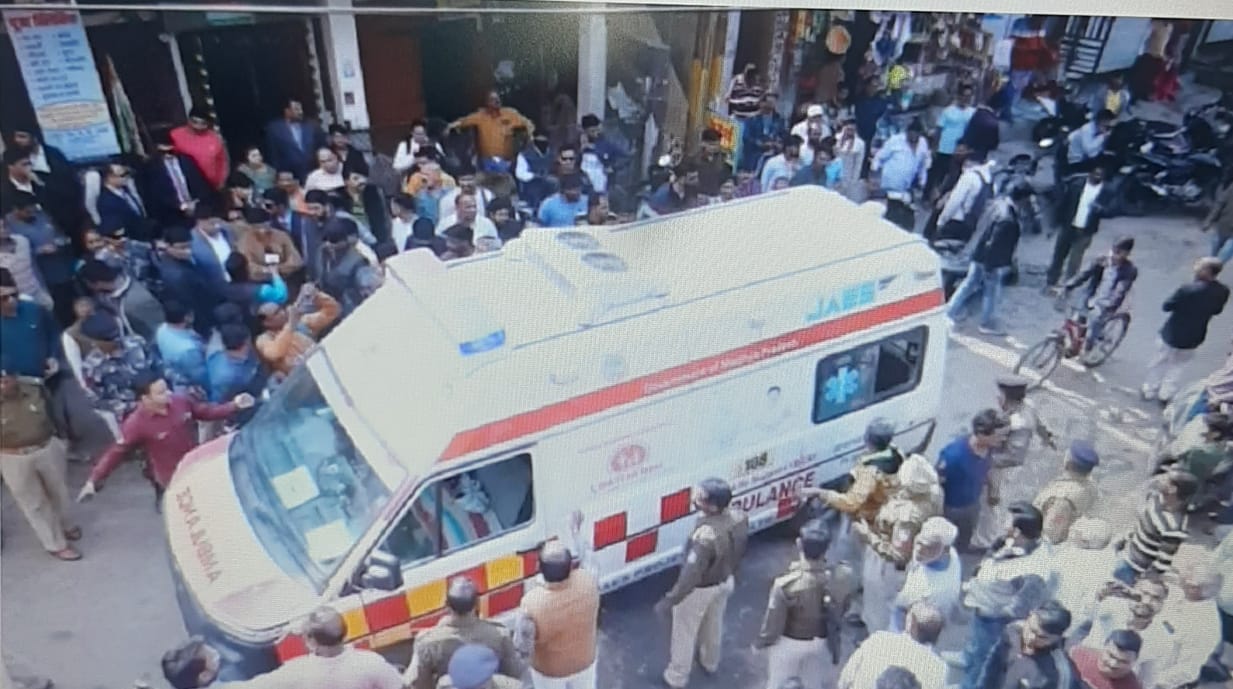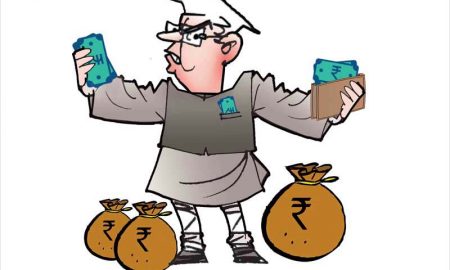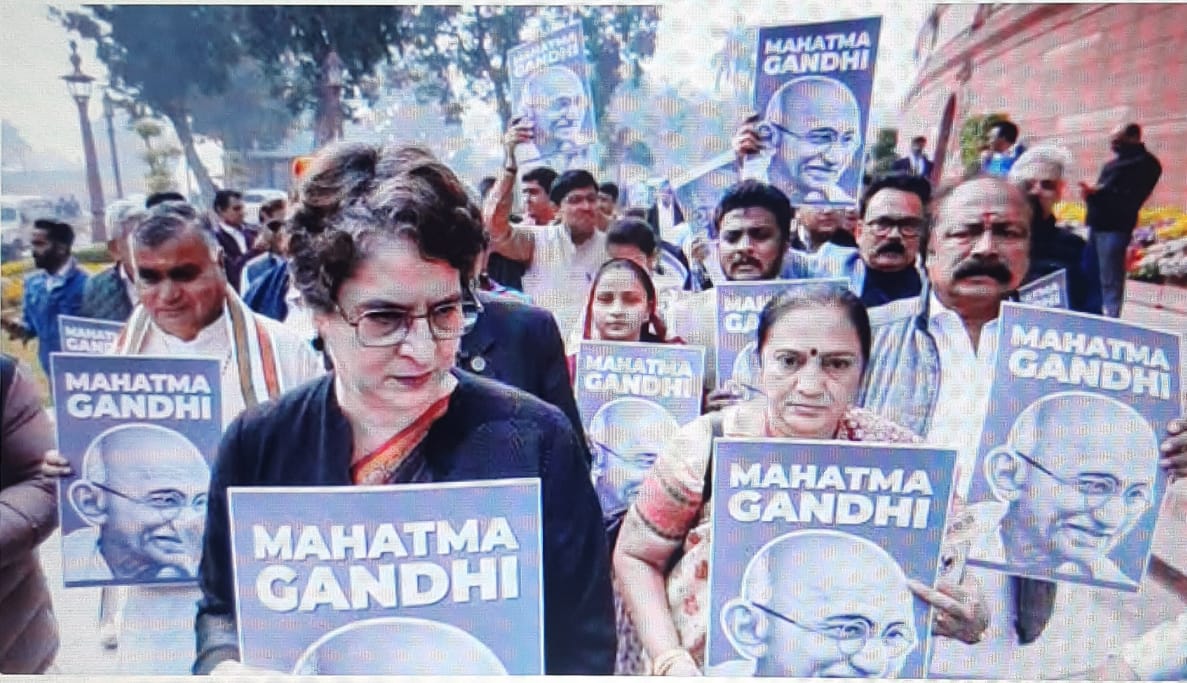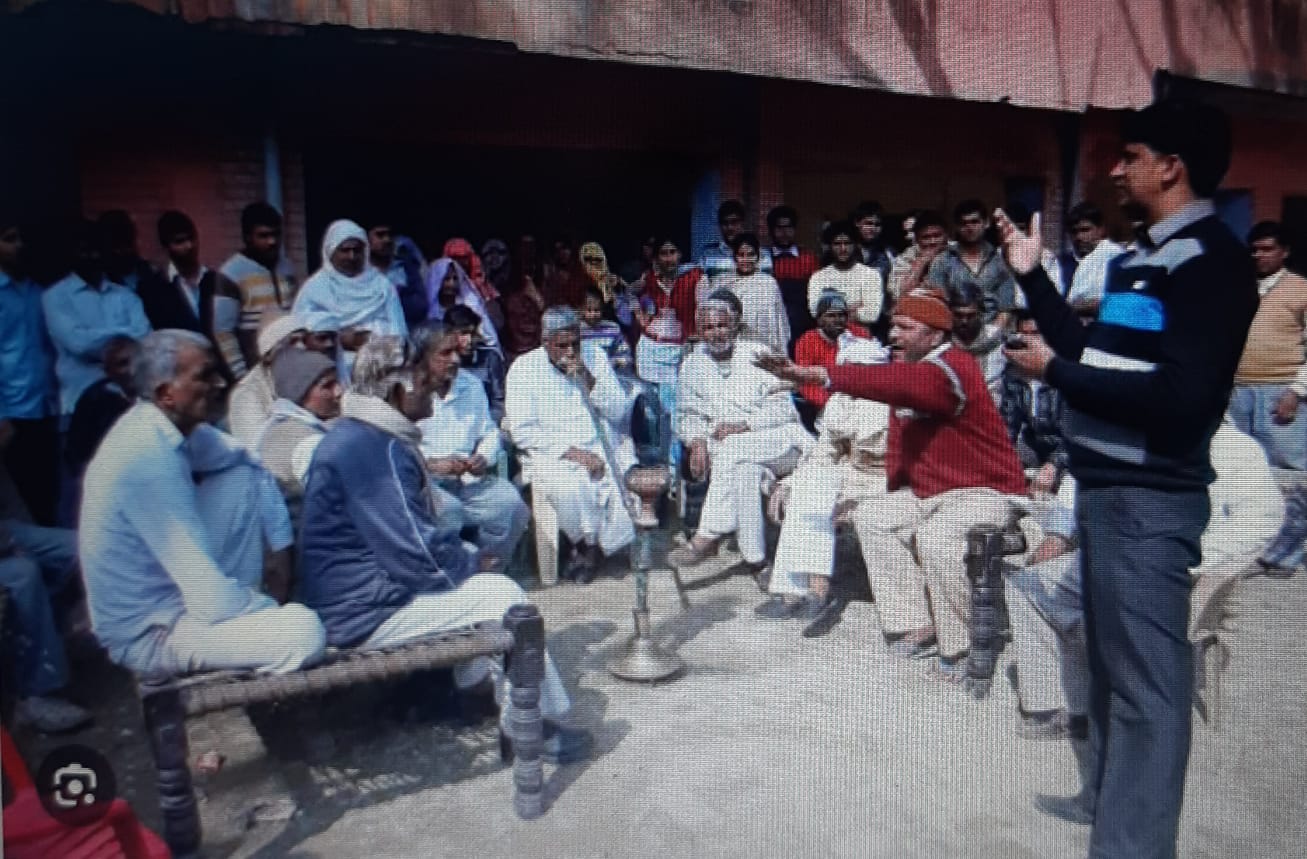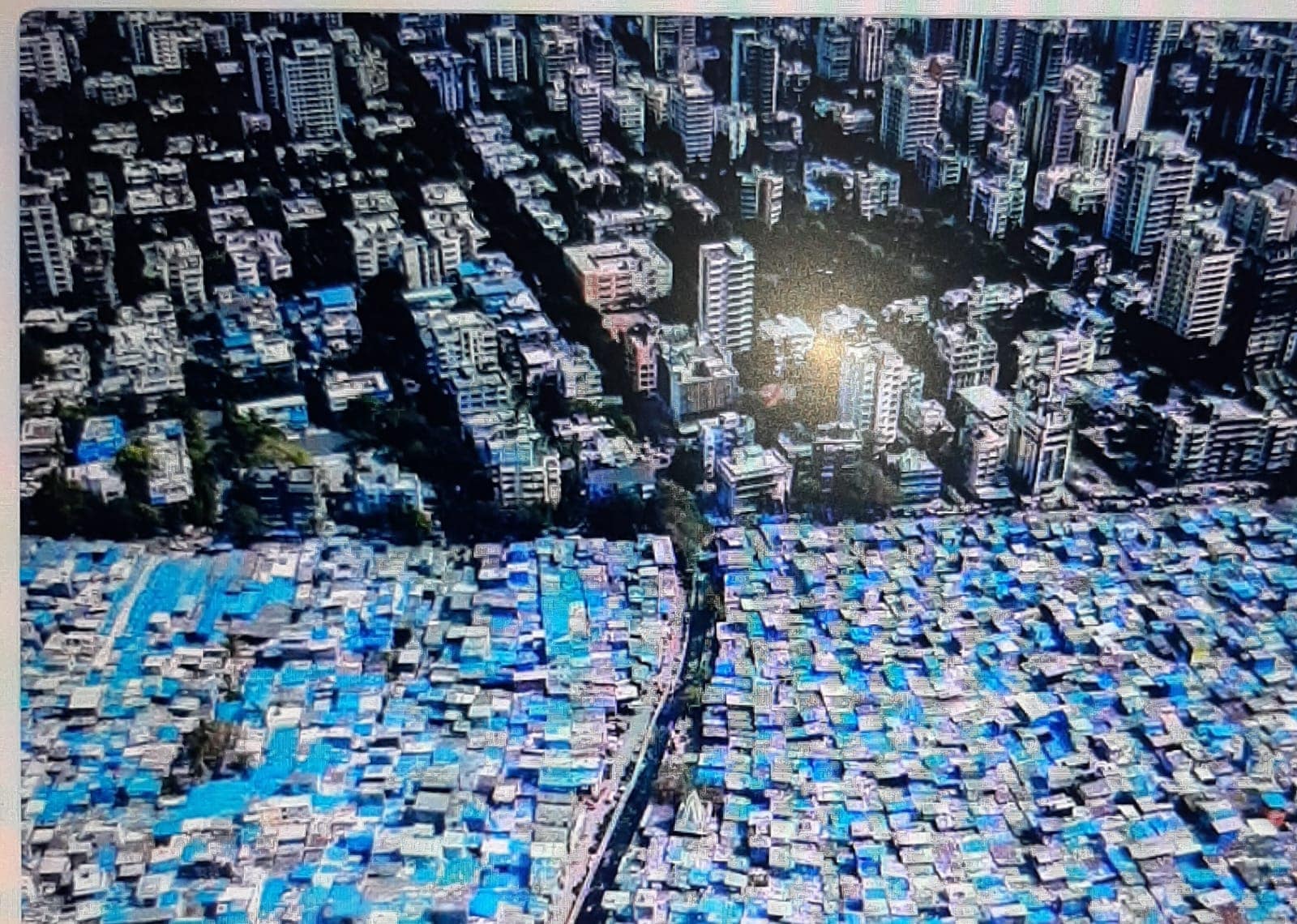
Despite tall developmental claims India’s heath and education system is pathetic. Our villages and most towns are devoid of even basic civic facilities like sewage system, sanitation, clean drinking water, decent housing and lack of employment opportunities and bear a crumbling justice system. The majority of voters are facing the agony of corrupt and pathetic governance even though they are the ones who make or mar the future of these politicians, writes former IAS officer V.S.Pandey
Presently, neo liberal economic policies are predominating across the globe, barring a few exceptions. India, aka, Bharat had also embarked on this course and has been implementing it for nearly four decades. Undoubtedly, a quarter of our population did succeed in acquiring some wealth. However, a miniscule population, numbering less than a hundred, are now owners of the major part of the nation’s wealth. Recently published reports on prevalent inequality across countries paints a very dismal picture about our country. What does this reveal? These inequality indices exemplify the fact that India is one of the most iniquitous nations in the world.
The most fortunate aspect of our nation’s life is that we are a democracy and regularly, political parties and their leaders have to go begging for votes from the majority of those who have literally nothing left with them except their empowering “vote”. Despite being deprived of all the necessary amenities of a civilized life, the humble electorate has the high and mighty crawling in front of them-albeit for a short while. This is the only miracle, which, the political powers that be, have been trying in various ways to eradicate but have failed so far. In the bargain, the poor people get occasional free gas cylinders, “Ladli Bahna Yojana “, bank accounts, UPI, old age pension, widow pension etc., farmers receive some money, five kg free ration, free pilgrimage, janani suraksha, RTI, billion diyas, temples , corridors, caste census , some health cards, garibi hatao schemes, to name a few. Of course, we have landed on the moon, have nuclear powered potential armed forces, have become the fourth largest economy, and we are on our way to become “Vishwa guru” . But what about our pathetic health and education system? Why are our villages and most towns devoid of even basic civic facilities like sewage system, sanitation, clean drinking water, decent housing and lack of employment opportunities and bear a crumbling justice system. The majority of voters are facing the agony of corrupt and pathetic governance even though they are the ones who make or mar the future of these politicians. Why is it so is the moot question that begs answers.
The naked truth of the current political scenario of our country is that unbridled money power plays a dominant role in elections followed by caste and religious affiliations. Money bags want infinite opportunities to plunder maximum money and do not like to be questioned in their blind pursuit of wealth. They thrive as the neo liberal economic policy propounders demand that unhindered market forces take charge of the economic life of nations. According to them, markets are in the best position to usher in economic growth and their decision is always in the best interest of the populace. Markets do not want governments or any other mechanism to check or control them-, so the slogan propagated is of no government, less government, government must get out of banks, health, education, business, industry etc.
Democracies are governed by the constitution and rule of law doctrine ought to be committed to equality before law and equal protection of law. Voters are the people who decide their own fate and hence are duty bound to elect only those who are committed to welfare of all rather than protectors of few as is the case in most of the democracies following the near liberal economic policies. They provide the moneyed class the opportunity to control the nation’s resources and thus decide the fate of millions of those who had nothing else than their votes through which they try to elect those who will care for the have nots . They exercise their will through the governments they elect but if the governments become powerless by shedding more powers and shunning those activities which are helpful to those having no or very little resources of any kind, the common public loses whatever power he or she sought to be in a position to exercise those powers to better their lives. Those with money bags do not want anybody questioning them in their blind pursuit of minting money. Hence the cry to weaken the government by taking away more authority from it and handing them over to markets, regulators and experts who are accountable to none. This is the reality that how so ever corrupt an elected government may be, still it is the most accountable institution compared to any private sector entity. Governments face electorates at regular interval, are under parliamentary scrutiny, subject to statutory audits and remain under constant watch of the media and judiciary.
The ever-increasing inequality in our country and elsewhere must set off alarm signals regarding the economic policies being pursued by almost all functioning democracies. Unfortunately, since the vocal sections of our population and opinion makers are themselves beneficiaries of these neo liberal economic policies hence, instead of deliberating thread bare the pros and cons of options, deliberate attempts have been on for decades to sell such economic policies which helped only a fraction of the population’s selfish interests ignoring the pathetic living condition of the majority of our population.
The time has come to have a serious re look at the way we have planned our economic policies pursued in the past seventy-five years including the control minded policies which stifled the nations potential and killed enterprise. Ultimately the bottom line is that every government has to work in the interest of the large majority first. Henry David Thoreau, the famous American thinker and philosopher had very sound advice for the citizenry to enable them to take their destiny in their own hands. He wrote “Can there not be a government in which the majorities do not virtually decide right and wrong, but conscience? –in which majorities decide only those questions to which the rule of expediency is applicable? Must the citizen ever for a moment, or in the least degree, resign his conscience to the legislator? Why has every man a conscience then? I think that we should be men first, and subjects afterward. It is not desirable to cultivate a respect for the law, so much as for the right.“
(Vijay Shankar Pandey is former Secretary Government of India)



